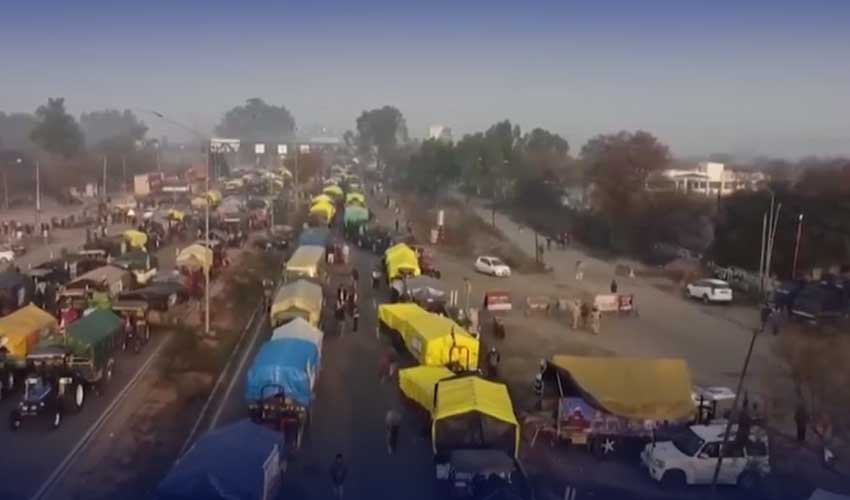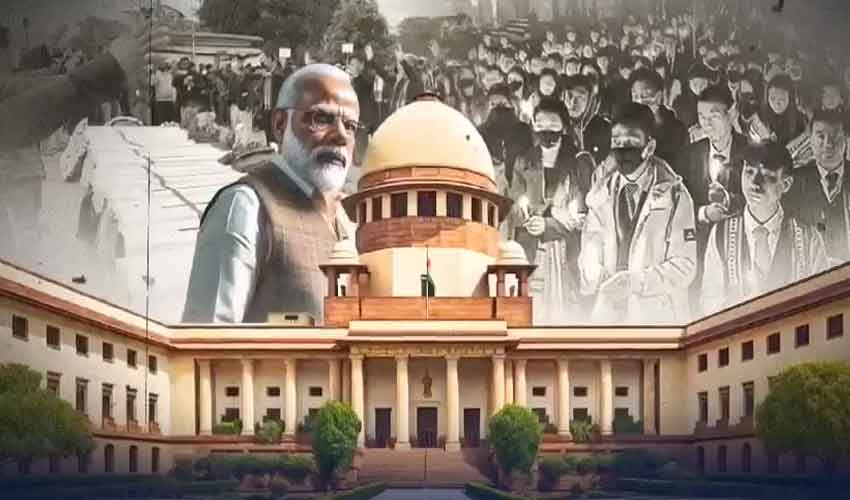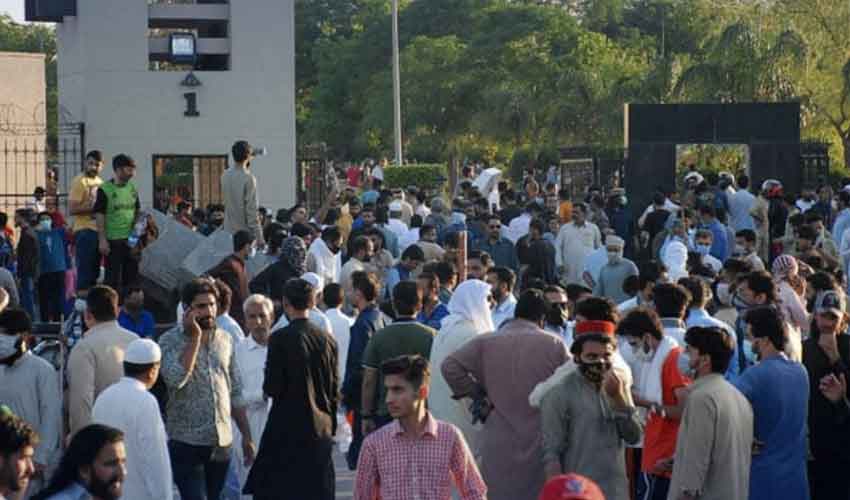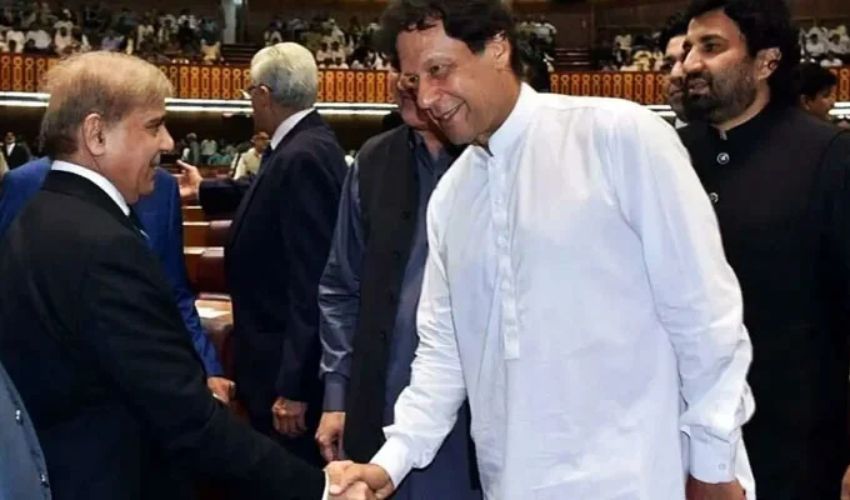Indian farmers have persisted with their protests as they march towards the capital, Delhi, on the 25th day of their movement. Despite facing resistance from Haryana police, the farmers remain firm in their demands, rejecting the govt's proposed new agricultural laws.
The Delhi Police's denial of permission did not halt the farmers' march towards Jantar Mantar, where they began their demonstration. However, the authorities responded swiftly, initiating arrests of protesting farmers.
The farmers' leaders have called for a massive demonstration in Delhi on March 14th, intensifying pressure on the govt. This call for a "Maha Panchayat" is expected to draw even larger crowds to the protest site.
Amidst the arrests, the protesters complained of further delays in addressing their demands, especially regarding the soaring prices of crops. They accused the Delhi Police of treating the arrests as mere theatrics, deflecting from the need for genuine dialogue.
The Modi govt has tightened security along Delhi's borders and deployed additional police forces. Critics warn that such measures could escalate tensions further.
Analysts suggest that Prime Minister Narendra Modi should refrain from arguing with the protesting farmers, especially with federal elections looming. However, the farmers have already announced plans for a nationwide rail blockade on March 10th, indicating their determination to continue the struggle.
Even as the Indian Supreme Court refuses to intervene in the farmers' demands, the crisis has only worsened the already dire situation in Punjab, with shortages of diesel and cooking gas affecting the populace.
This long-running standoff points to the ever-growing divide between the Indian govt and its agrarian community. Critics accuse the Modi administration of disregarding farmers' rights and stifling dissent, while the judiciary's perceived inaction adds to the farmers' grievances.



























